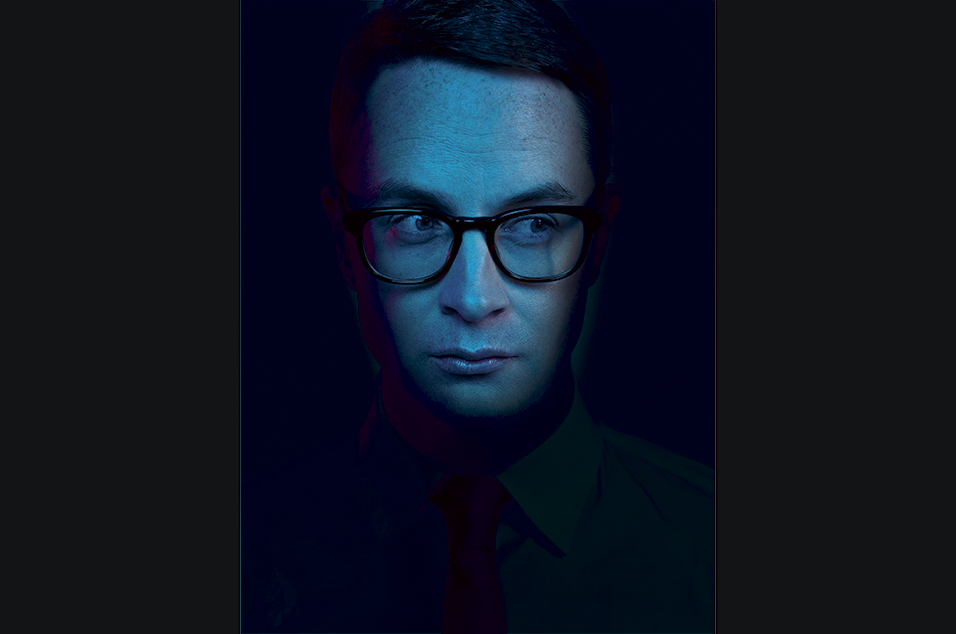Drive director Nicolas Winding Refn tells Jordan Bassett why new film The Neon Demon is “beyond feminist”
I’m coursing through central London in the back of a blacked-out SUV with Nicolas Winding Refn, the director of Drive, who does his best to avoid answering any of my questions.
The man behind the critically acclaimed 2011 box office smash, which starred Ryan Gosling as an LA stuntman, is evasive. Even when he does give more than a one-word answer, his musings can be so abstract that it’s hard to fathom what he means. When you’re in his company, these are perversely likeable qualities. The awkward interview is sport to him. Asked what he enjoys about working with two-time collaborator Gosling (see 2013’s ultra-violent Only God Forgives), Refn replies, with a raffish grin, “Everything,” but declines to elaborate.
The Danish director’s new film The Neon Demon is an exploration of the Los Angeles fashion industry. Elle Fanning plays Jesse, a 16-year-old aspiring model and next big thing. Christina Hendricks (Joan from Mad Men) is her unscrupulous agent, while Keanu Reeves plays the unstable landlord at her seedy motel. Jesse finds herself targeted by established models threatened by her arrival on the scene, which results in stomach-churning violence and gore.
Like Only God Forgives, it’s already proved divisive. Audiences booed the film at its Cannes Film Festival premiere. The same day I meet Refn, The Daily Mail publishes a moral panic article about The Neon Demon with the stunning headline: “Grim film featuring murder, cannibalism and lesbian necrophilia that even shocked Cannes is now set for British screens”. Refn, of course, laughs darkly. “Thank you for the free publicity!” he says. “If I can provoke that kind of reaction, the sky’s the limit.”

We meet at Soho record store Sounds Of The Universe, where Refn – a keen record collector – buys a various artists ska album alongside a funk compilation called ‘Purple Snow: Forecasting The Minneapolis Sound’. On the way to the SUV, which is taking us to Refn’s next meeting in Chelsea, he’s approached by a woman asking for directions. He roundly ignores her, walking straight past. The woman looks offended. You suspect he takes the same attitude to critics of his movies. Refn could not care less what you think.
Recommended
It’s not just that The Neon Demon is violent. The film declines to invite the viewer into its world; events unfold at a painfully slow pace, while some of the plot developments seem bewilderingly random. “[The movie] is whatever you make it,” he says. “That singularity is always interesting – doing it the way you want to do it and being very unapologetic about it.” He says the controversy is not deliberate. “No, that’s predictable. If someone does it for the sake of provocation, for shock, it’s too easy.”
Refn has described the film as “beyond feminist”, yet this is a movie in which things are done to women’s bodies (there’s a scene in which Fanning’s character is deep throated with a knife) and which parades naked women around to be defined by their beauty. How can he seriously claim that this is anything but objectification? Here’s how the conversation goes down:
What do you mean when you say The Neon Demon is “beyond feminist”?
“I’m not a woman.”
What does that answer mean?
“It’s what you make it.”
Can you help me make it into something?
“Ah, you’re a big boy.”
Faced with the suggestion that his new film is the opposite of feminist, Refn replies, “Clearly you have a clichéd point of view of what a feminist is,” but refuses to expand on the comment. He spends the 20-minute car journey regarding me coolly from behind a pair of reflective shades – smiling, enjoying the game. Refn is f**king with me.
In his film, the fashion industry comes across as a cold, sterile and brutal place. Yet he claims to love it. Asked what attracts him about this world, he says, “Everything.” This is kind of infuriating, yes; but it’s not hostile. It’s like we’re batting a ping-pong ball at one another. He scores far more than I do. The crux is that Refn believes his films should create an ongoing conversation that can’t be neatly resolved. There’s a scene in Only God Forgives where Ryan Gosling’s character stares at his hands for what feels like an age. Why? F**k knows.

At one point during our drive, ironically, Refn spells out his desire for ambiguity: “You’re trying to fish for a specific answer that will answer all your questions and I’m not gonna give you that because that’s not interesting to your reader.” Yet, like the characters in his new film, he is interested in ambition. At the suggestion that his characters are ruthlessly self-interested, he says, “Anyone who is ambitious or lives in a competitive world is self-interested. You have to be in order to survive. If you want to be a writer, you need to start learning that the hard way. You have to really want it. You have to want it so badly that you’re willing to kill for it. Maybe you could try to be a little more competitive; you’ll see it’s not so dangerous.”
So, as the car crawls along Kensington High Street, this has transformed from an interview into a life-coaching session. And the answer is that I need to enter the world of ambition, narcissism and cold indifference of The Neon Demon.
“And with that,” Refn says, assessing the brutally opulent, gold-plated shop front that stretches down the street, dispassionately reflecting the blacked-out SUV, “we arrive outside Gucci.”
